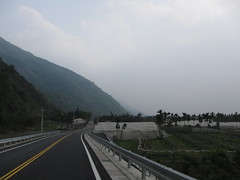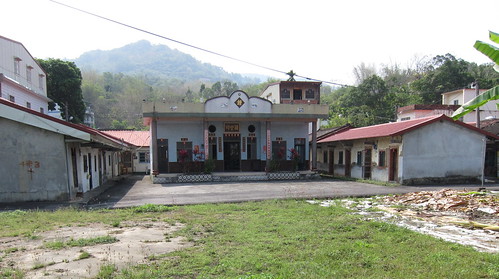On the remains of the rail line out to Dongshih in Taichung.
A shadow passed over Saruman's face; then it went deathly white. Before he could conceal it, they saw through the mask the anguish of a mind in doubt, loathing to stay and dreading to leave its refuge. For a second, he hesitated, and no one breathed. Then he spoke, and his voice was shrill and cold. Pride and hate were conquering him.
"Will I come down?" he mocked. "Does an unarmed man come down to speak with robbers out of doors? I can hear you well enough here."
Well, the students are leaving on Thursday. After the student presser
Ma held a press conference and basically repeated all the points he's been making since Day 1, which basically consist of:
Against the power of Mordor there can be no victory. We must join with Him, Gandalf. We must join with Sauron.
Sorry! Don't know how that slipped in there. I mean, he made the usual (1) we're in competition with Korea and we'll be weeded out and (2) it will hurt Taiwan's chances to join other treaties. The KMT rejected Wang's proposed compromises.
(You can see how the pork thing is going to play out. At present Taiwan is blocking imports of US ractopork to protect its own pork producers. This will disrupt talks with the TPP and TIFA agreements with the US. Ma will then blame the students.)
LOSER: Ma Ying Jeou. Wow has Ma taken a beating. Speaker Wang Jin-pyng's decision to talk to the students on Sunday was a decisive blow against Ma. Ma is looking shrill, isolated, inept, and blundering (don't worry Mr President, I'm sure Banyan at the Economist will produce another fawning piece to help shore up any decline in ego). His lack of people skills shone -- Lee Teng-hui would have gone down to talk to the students, Chiang Ching-kuo would have gone down to talk to the students (yeah, and then have had them all locked up after having gangsters break their heads). Ma is now isolated within his own party. Only his position as KMT chair is sustaining him. The Old Guard remains silent -- Old Guard children Hau Long-bin and Sean Lien may be Presidential and Taipei Mayor candidates, respectively, as my man Ben pointed out to me -- and so their parents have said nothing in public. But the disgust with Ma in the KMT is widespread.
That said, recall that Ma's real audience is in Beijing. Those are his real allies. And they will be quite pleased at the simple outcome -- the services pact will be approved, there will be no review, Ma and his KMT allies have rejected a review.
But overall, Ma has defeated Taiwan. Let's list all the things that have (not) happened. ECFA passed. Services pact will pass without review or alteration.
No real capital gains tax. No increase in land tax. No slowing of the construction-industrial state's project of concreting over the entire island. No reduction in local corruption and local factions -- it's still divide-and-rule down there. Organized crime remains a powerful political and social force. When you peel back the pro-Taiwan furor and feeling, the truth is that Ma's program of 1% dominance has won. Ma has taken a beating where he can afford it, in the court of public opinion. His 1% backers must be well satisfied with their creature.
LOSER: Premier Jiang Yi-hwa. I'll let Ben over at LFT carry the ball
from his excellent post on this:
What is interesting here is how Premier Jiang, who many have suggested is Ma’s pick for party candidate in the 2016 Presidential elections, has now completely transformed from so-called ‘liberal academic’ to ‘scholar Premier’ to ‘Party Premier’ and now ‘President’s Protegee’. Unfortunately, Jiang’s clumsy and puppy loyal observance and parroting of President Ma’s positions over the CSSTA and Sunflower protests will likely have cost him any chance of either being selected as candidate for, or winning, such an election.
Jiang will probably never be elected president. He's now too closely tied to Ma.
WINNER: Speaker of the legislature Wang Jin-pyng. Wang is positioning himself to take over as KMT Chairman if/when the Party takes a beating in the 2014 elections. Perhaps Ma will step down, but my attitude is that he won't. The moment he steps down as Chair, he becomes totally marginalized as does his right-hand man, "the Little Knife", King Pu-tsun, who came rushing back to comfort and support Ma a couple of weeks ago.
However, there's been some speculation that Wang, often seen as the informal leader of the Taiwanese KMT legislators from central and southern Taiwan, will lead some kind of internal putsch against Ma. Let's face it, for the Taiwanese legislators, the KMT = CHOAM. They are not in it because they have a pro-China social identity like the mainlander core nor does the KMT proffer any moral position that anyone with moral backbone could serve. They are just in it for the money, and as long as the money comes down to their patronage networks, they will grumble but not do anything. Building a revolt on them would be like trying to build walls on a foundation of pudding. Hence, unlike some, I see the chances of Ma being pushed out as slim. They only way there will be a putsch is if the mainlander core backs Wang and joins with the Taiwanese KMTers.
Moreover, even if the 2014 election is blown, he may not step down -- I believe he is
that disconnected from reality. Instead he might argue that it wasn't a defeat -- he's constantly turning black into white in any situation -- or that only he can "save" the KMT. Recall that this is a man who takes on the trappings of the Emperor of China when he participates in Confucian ritual. I read that as Ma conceiving of himself as having a superior moral right to lead the KMT and the ROC. And while he talks about Chiang Ching-kuo just to please the masses, he is a child of the 60s and 70s, and his real model of leadership appears to be the vicious, aloof, and inept Chiang Kai-shek.
Which brings me to my last point. If Ma stays on into 2015, don't be shocked if he starts pushing Jiang Yi-hwa as his handpicked presidential candidate. 2015 promises to be a very interesting year on this blog, if I am still blogging.
LOSER: The KMT. This event shows how any little bit of pressure can reveal the deep fissures in the party between its various factions. It is obvious that only Ma's iron control on party resources is preventing defections from the party line.
WINNER: The student movement. The long series of protests has matured them, and they handled this one well. A nation came out in support of them. The government's quick removal of the protesters from the Executive Yuan meant that the LY students would be the only protest and the movement would not bifurcate. Will they all be arrested? The prosecutors have their info, but no summons have been issued and no arrests have occurred. Chen is already under indictment
for protesting in Miaoli. What many of us are quietly worrying about is "suicide" or "auto accidents" (
happened to two activists). Before you dismiss this as paranoia, recall that one of the Dapu resisters was found dead in a ditch.
WINNER: Lin Fei-fan and Chen Wei-ting, the student leaders. Everyone is looking forward to their next move.
WINNER: J Michael Cole. Cole's reportage has owned this affray. His initial piece at
The Diplomat has 8200 shares at this point and he churned out excellent piece after excellent piece. Awesome work, Michael.
WINNER: Taiwan. Oh hell yeah. Are the young going to wake up and grab their future? Will they vote in the elections later this year? Will the DPP get its act together,
embrace the social justice movements and get down and dirty at the local level?
What a year this will be.....
______________________
Daily Links:
_______________________
[Taiwan] Don't miss the comments below! And check out my blog and its sidebars for events, links to previous posts and picture posts, and scores of links to other Taiwan blogs and forums!

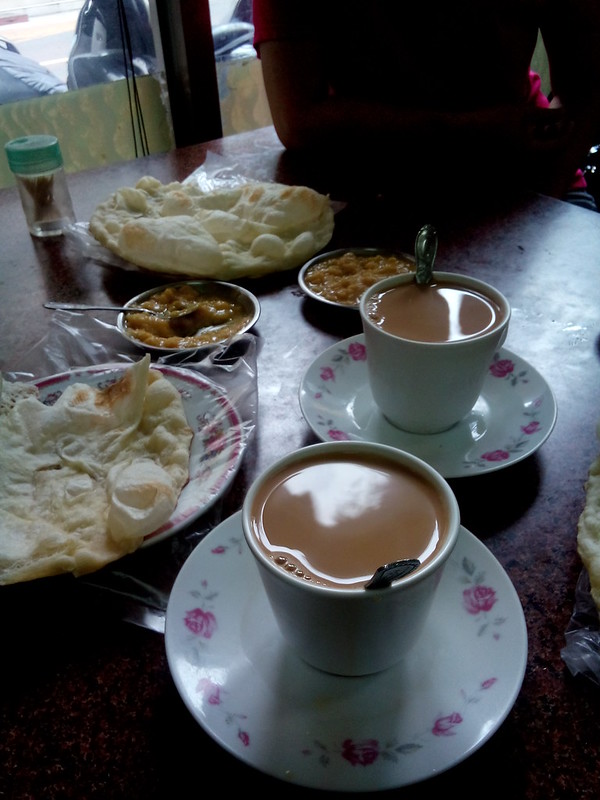


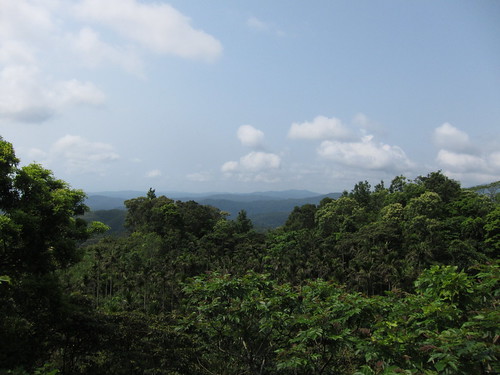
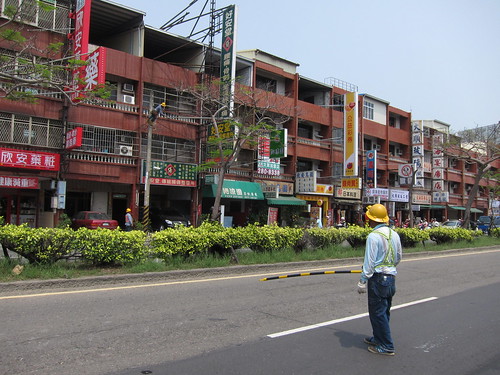
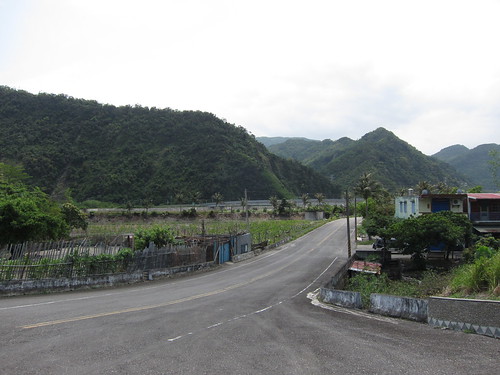
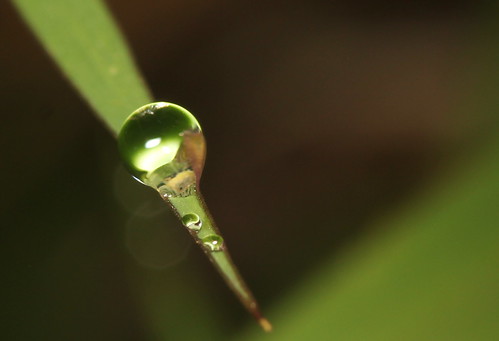
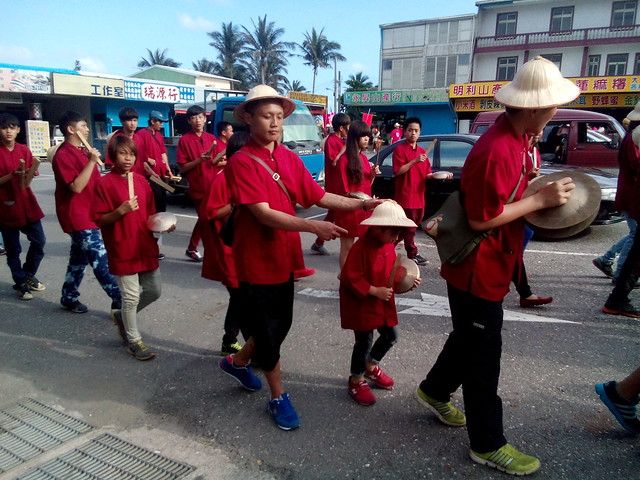
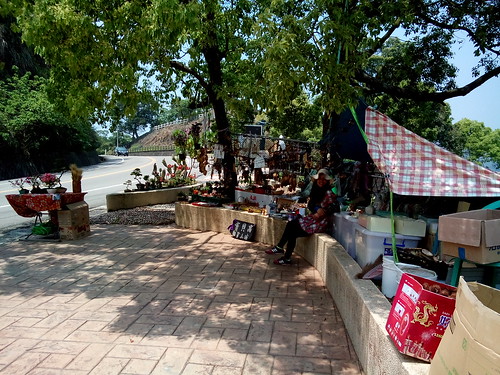
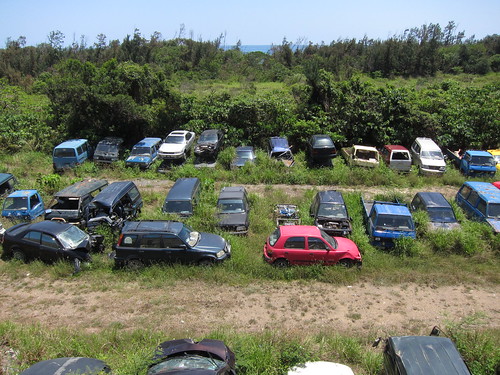
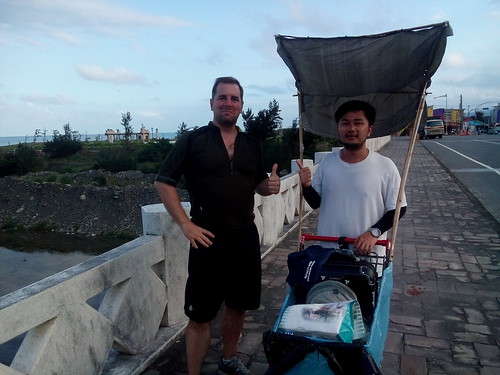
.jpg)
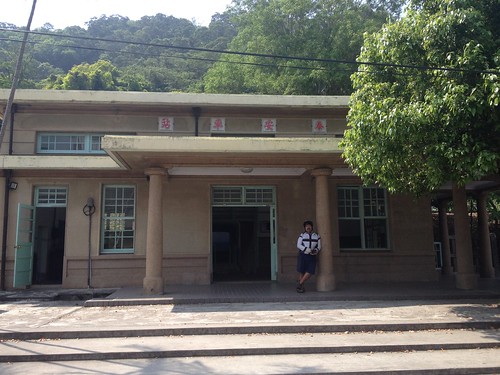

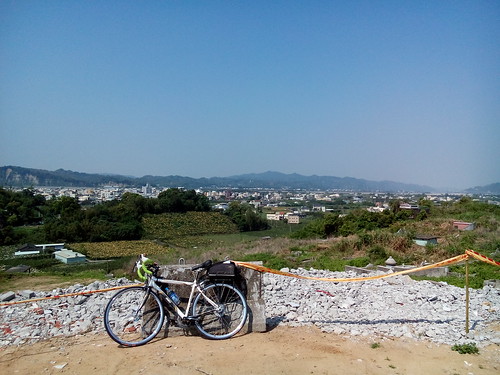
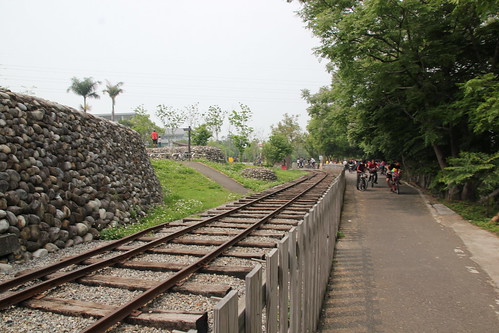
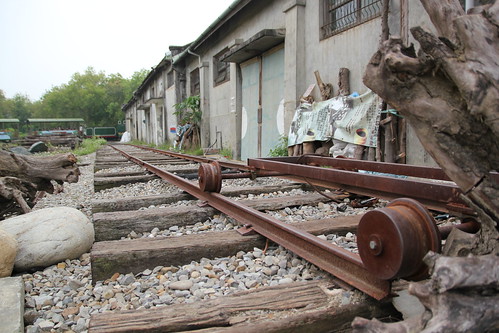
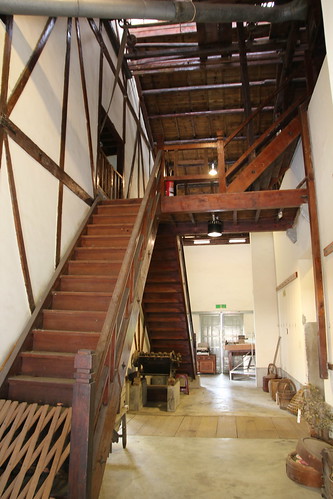
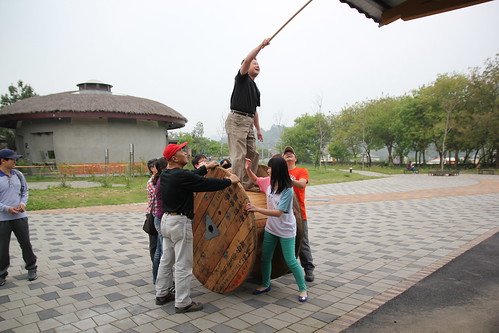

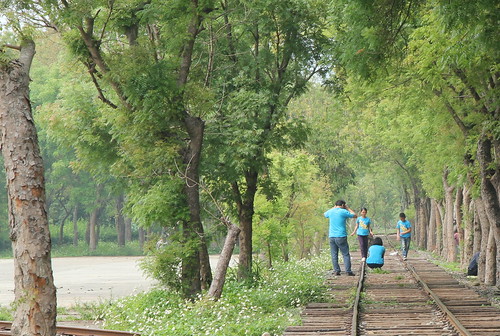
 The US House passed legislation that is important for Taiwan (
The US House passed legislation that is important for Taiwan (